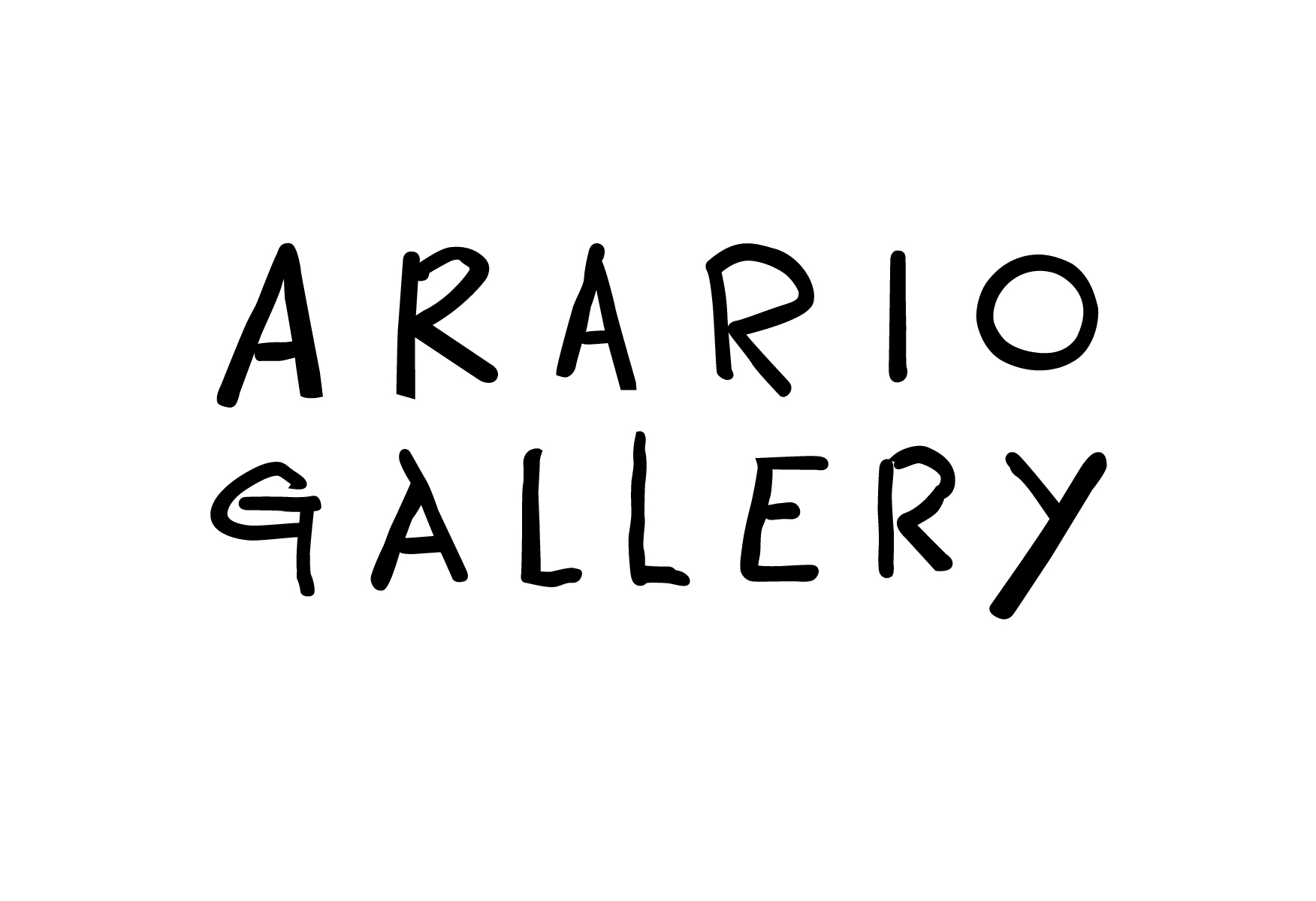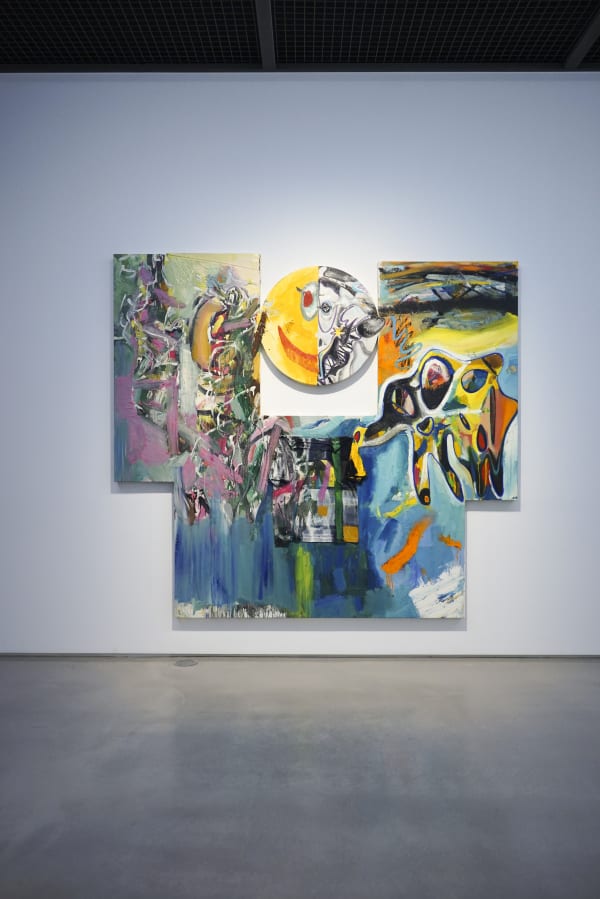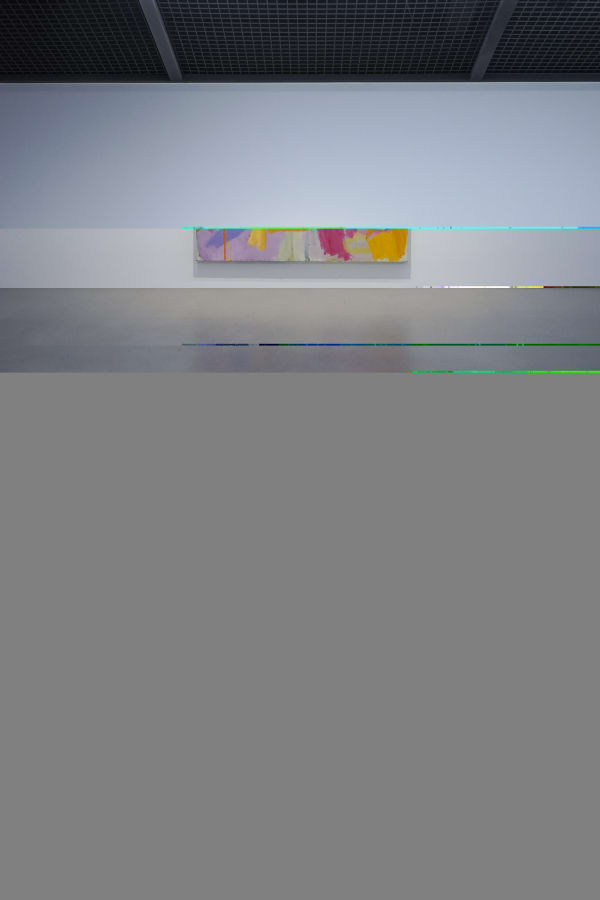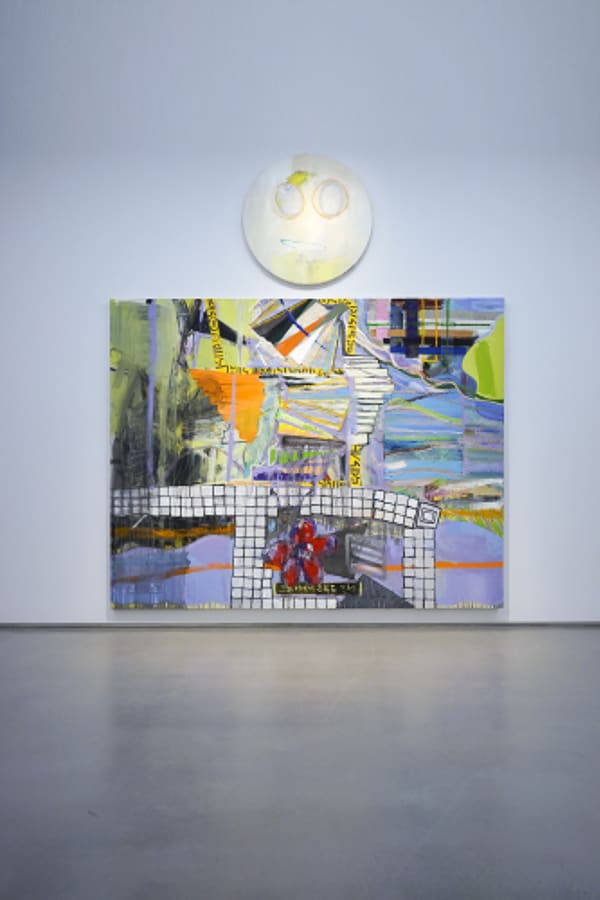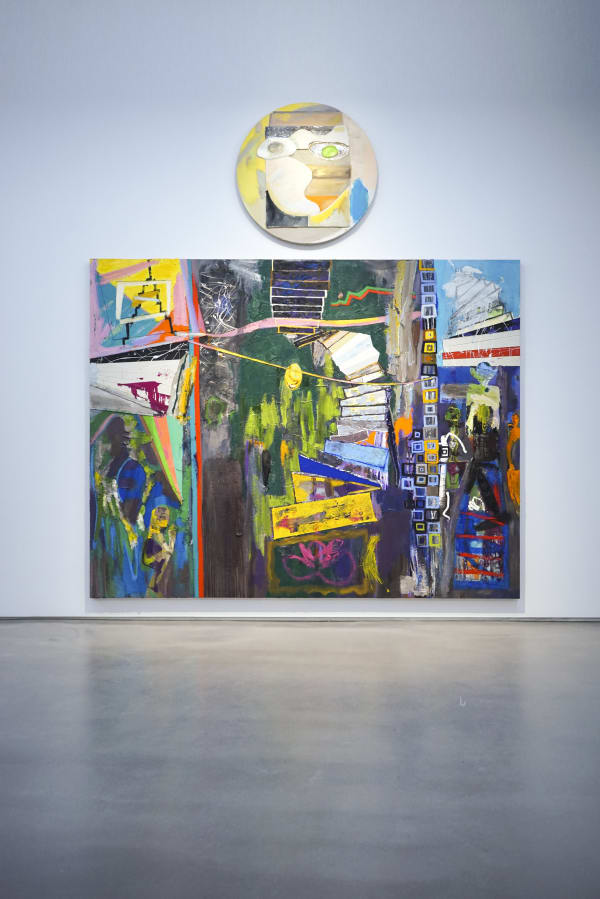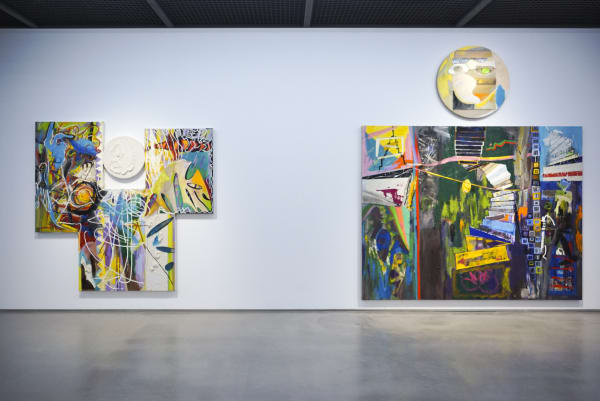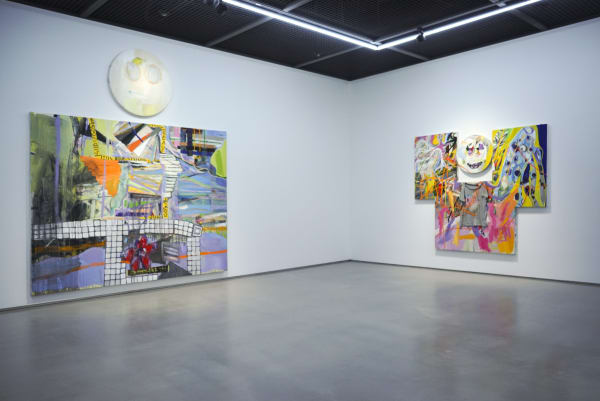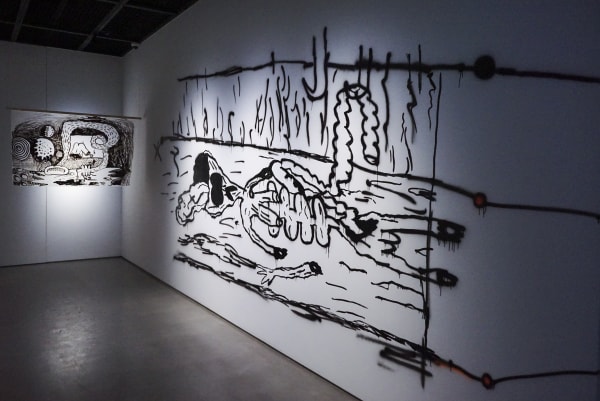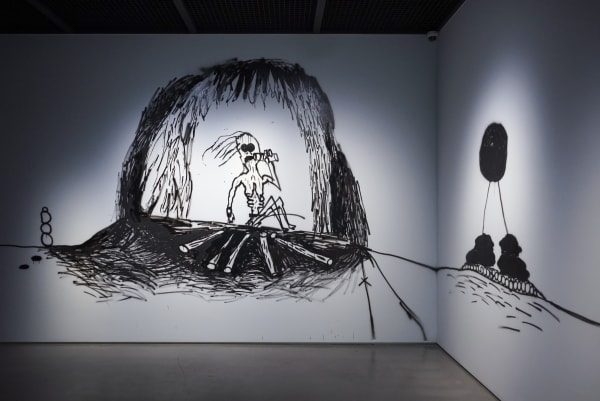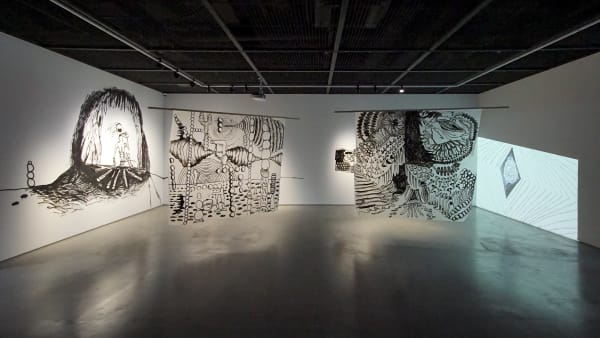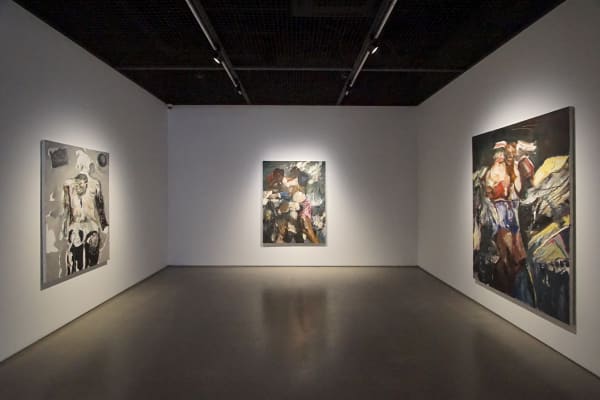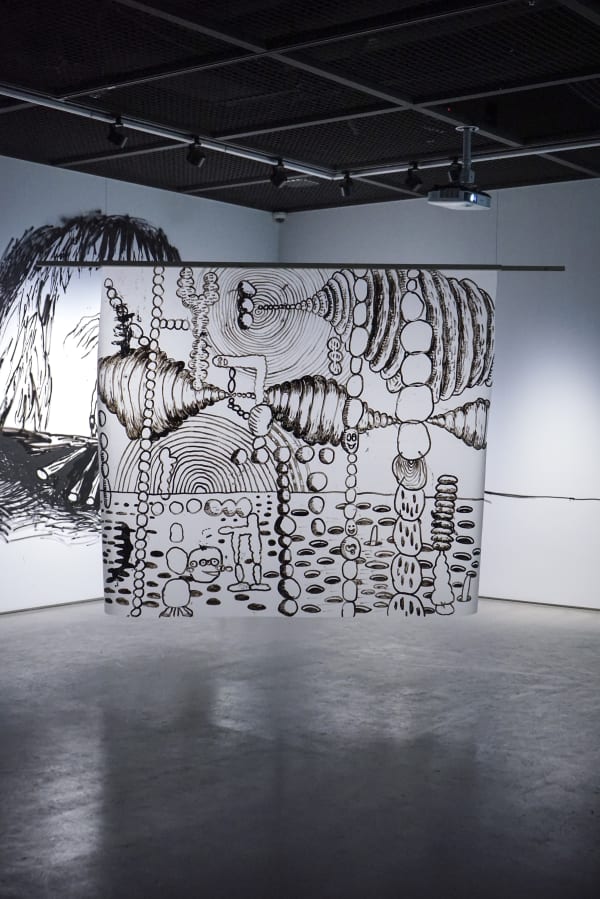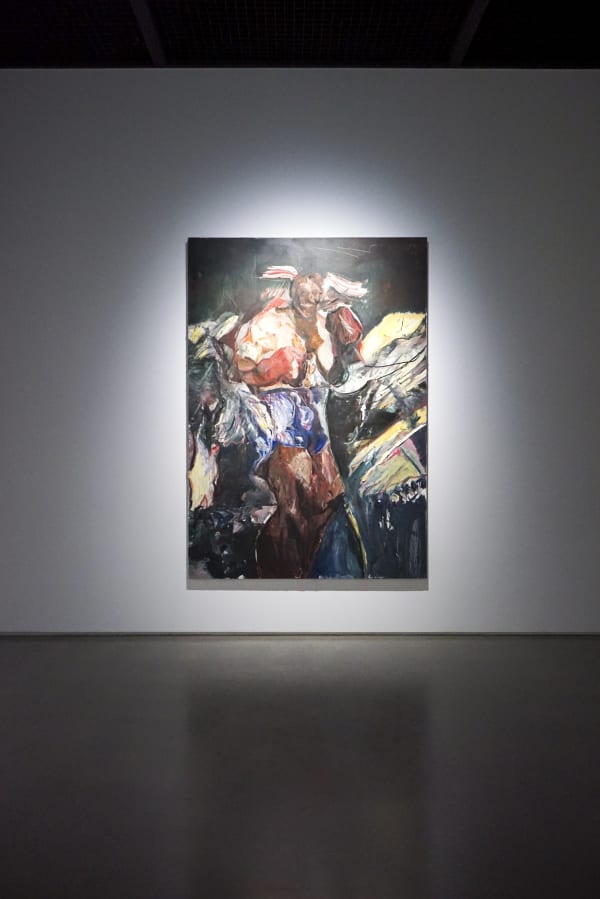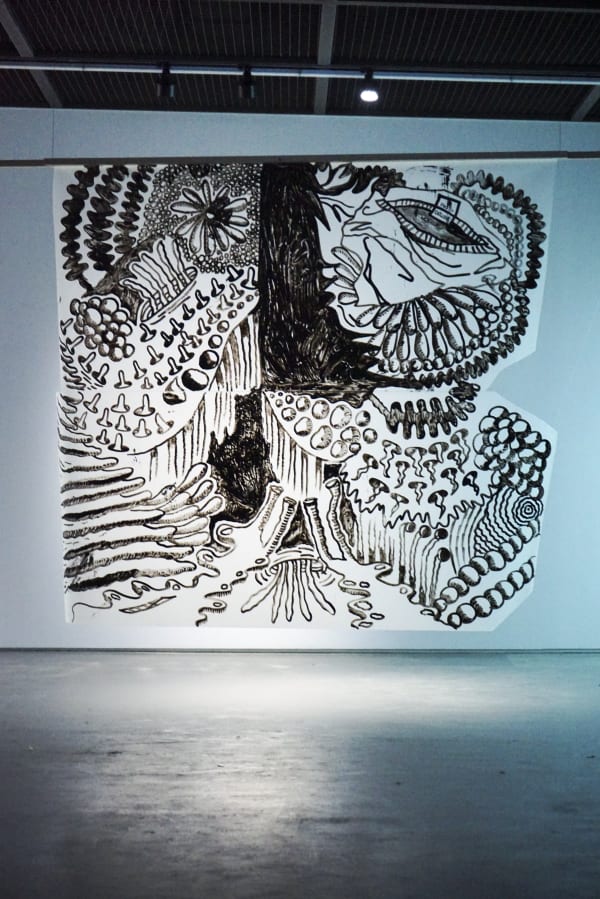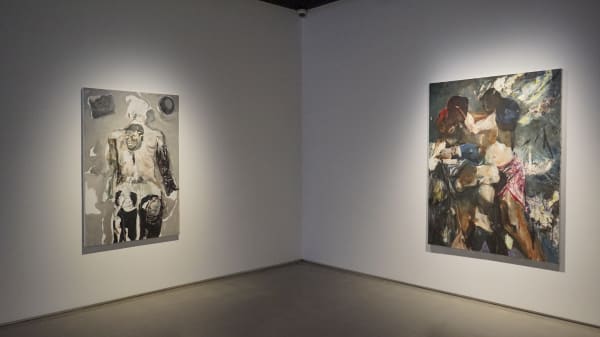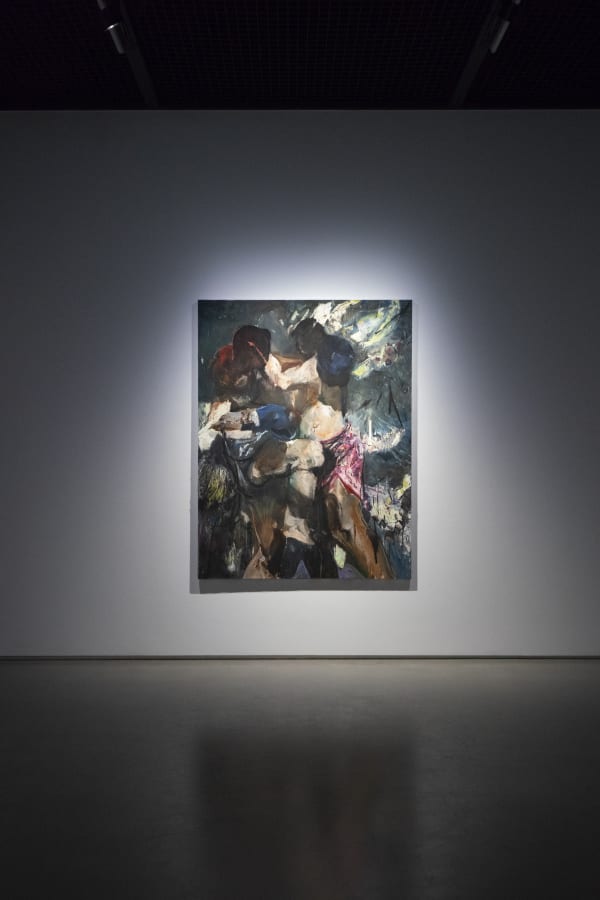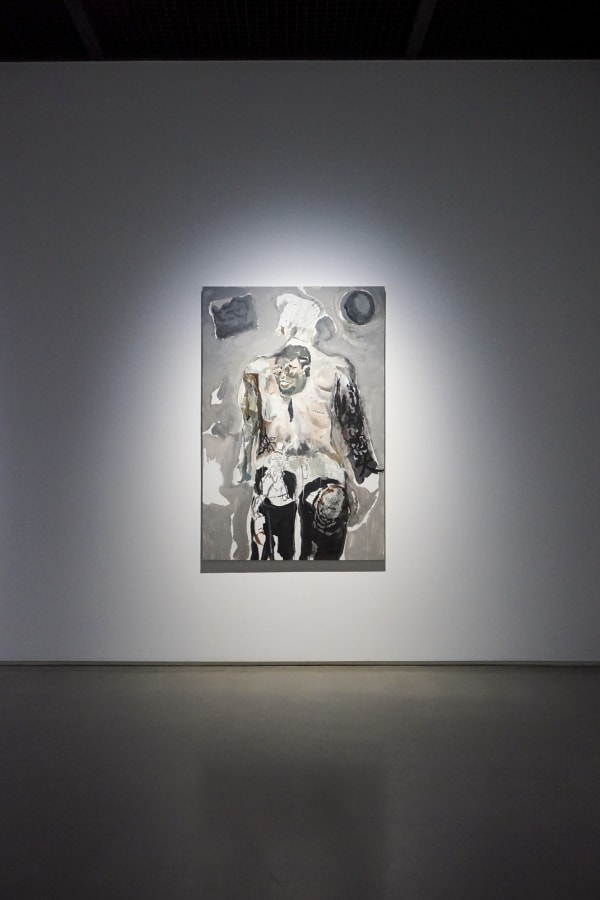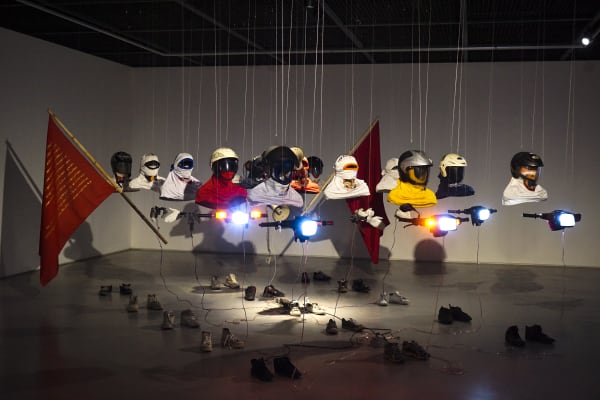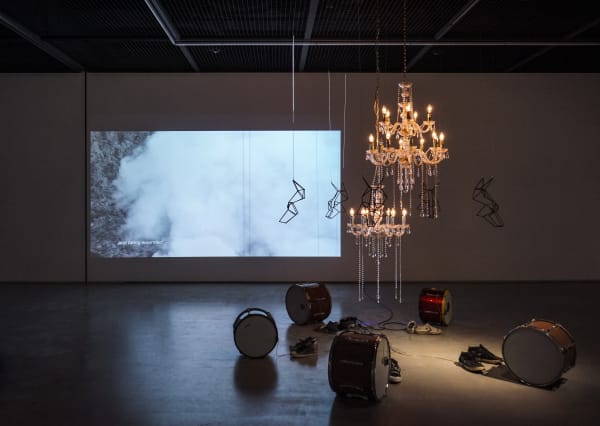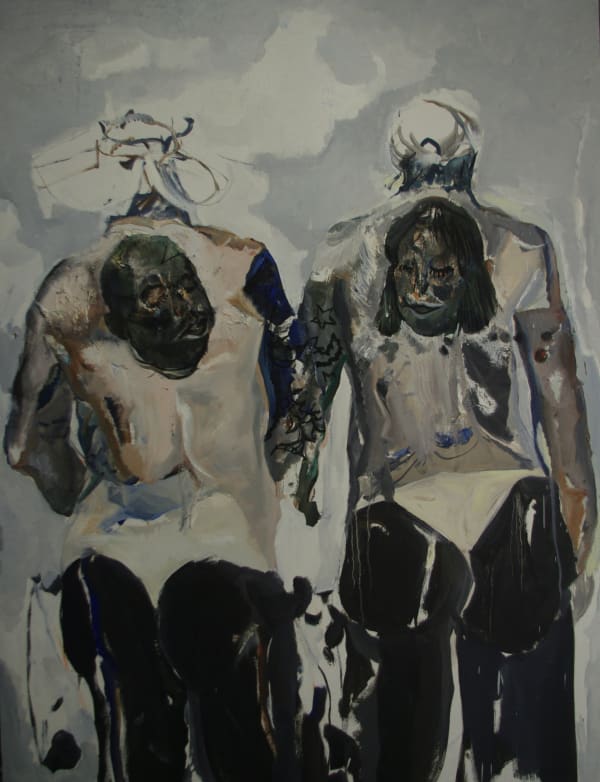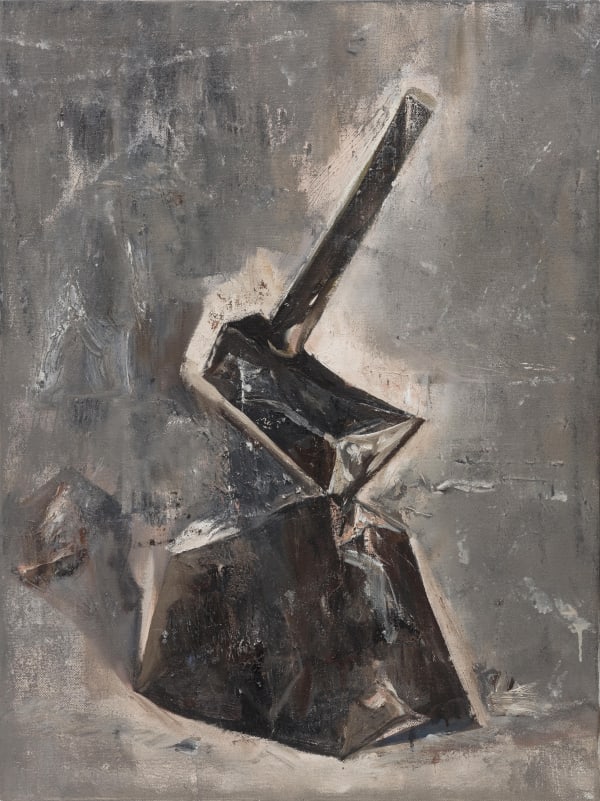2nd Show: JET LAGGED: RYSE HOTEL
ARARIO GALLERY RYSE HOTEL’s second inaugural exhibition presents Indonesian artist Jompet Kuswidananto, Chinese artist Zhu Xiangmin, and Korean artists Rae Sim and Baek Kyungho as the participants of the four-person group exhibition <JET LAGGED>.
Life is no different from an endless journey spent wandering a maze of encounters, understanding, arguments and mediation with a particular target, wherein you either lose your way or plot new coordinates. That target may be a specific person, or it may be a social construct, a goal or an ideal. Ceaselessly lurching at the intrinsic temperature difference within our relationship with this target, we must strive to adjust and fine-tune to the growing gap of disparity. <시차적응법JET LAGGED> is an exhibition of four artists fighting the time difference formed in these gaps, who plot their own coordinates through diverse visual language to find adjustment.
Indonesian artist Jompet Kuswidananto(b. 1976) takes Indonesia’s particular complex cultural landscape and irrational social-historical structure resulting from its long suffering as a colony, as well as the joys and sorrows and deliberations on survival and adaptation within a boundary space borne by those under the heavy fist of colonialization, and extricates them not only from an Indonesian stratigraphy, but from the worldwide context to disentangle these quandaries through installation and video work. Disembodied forms standing in file and their soulless mechanical clapping, drums beating without a performer, that vestige and symbol of colonial rule, the chandelier—his arrangement of such elements is a frank expression of an inescapable identity long-formed in colonial culture, and the despair and struggle of the individual surviving through it all. In a similar context, Chinese artist Zhu Xiangmin(b. 1989) focuses on capturing and contemplating the appearance and behavior of young people in the face of the rapid politico-economic change taking place in contemporary Chinese society, and their emotional state or psychological anxiety, through the specific medium of painting. For example, while he expresses the form of tattooed youth in slow and indolent strokes, by expressing young boxers with a certain speed and roughness that one can only think of as a metaphor for the haste and chaos of modern society, it becomes a study on how the artist can maximize his intention through medium. In the process, Zhu emphasizes painting not only as a method of expression, but as an all-encompassing field of sensation, and thus expands the very meaning of painting.
A fascination with painting, or a visual-perceptual enjoyment brought about by formative endeavors for the ideal realization of the medium, is a distinct strength found in Korean artist Baek Kyungho(b. 1984)’s artwork. The artist, from within the vast construct of painting and through the arrangement of image and color without hesitation, or through expression without coherence, endlessly investigates and extends the image’s limits of formative possibility and amusement. Though an outline formed by a simple combination of segmented circles and square frames firmly suggests the figurative shape of an angel or a human, the colors and textures filling its interior are intensely abstract and agitated. The immediate contrast leads naturally to what one sees as the boundaries of abstraction and figuration, expression and suppression, freedom and regulation, and so on. If Baek Kyungho’s work shows a curious virtue of restraint within a burst of splendor and spectacle, then Rae Sim stands starboard to his port. Artist Rae Sim(b. 1983) takes man’s most base internal confessions of inherent loneliness and anxiety, extreme compulsions and obsessions, and expels them through black and white drawings full of a heavy, dark energy, only to be followed by tens of hundreds more drawings compulsively overlapped and compiled into animation. Broadly, they seem to find their start in a detailed narrative construct eaten away by the artist’s personal anxieties, but through these confessions, fragmented piece by piece and dispersing without bind, without pause—ironically, they come to a conclusion in fumbling attempts at, or perhaps a yearning for, communication.
